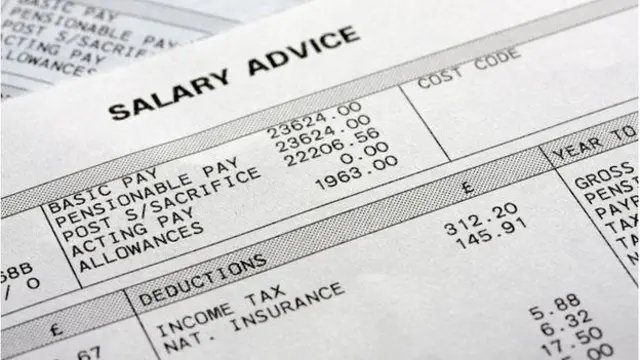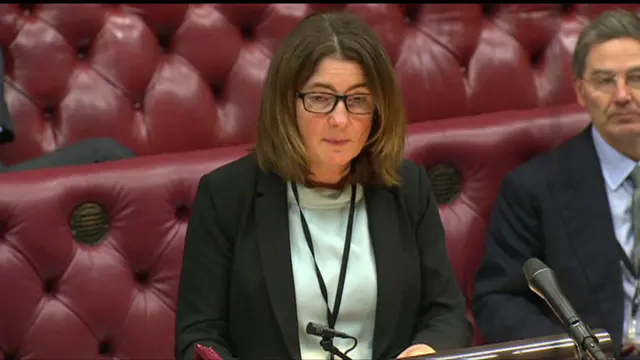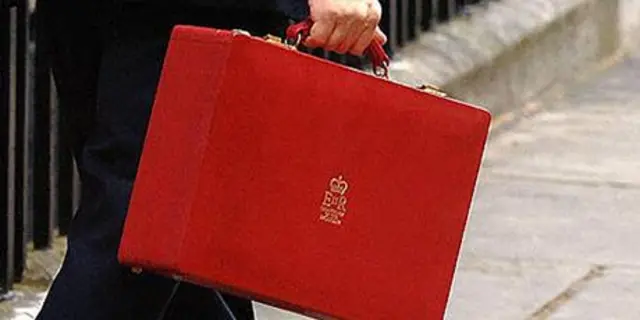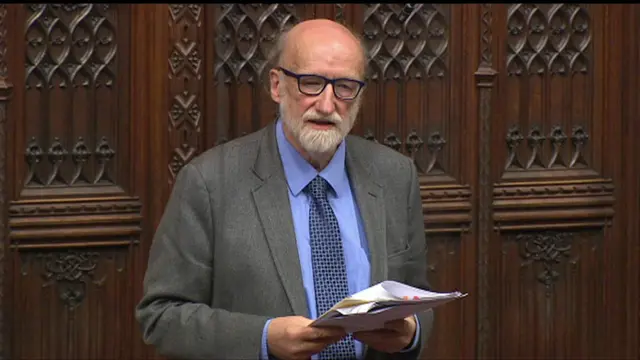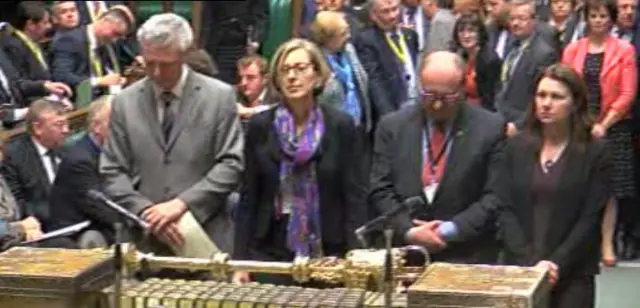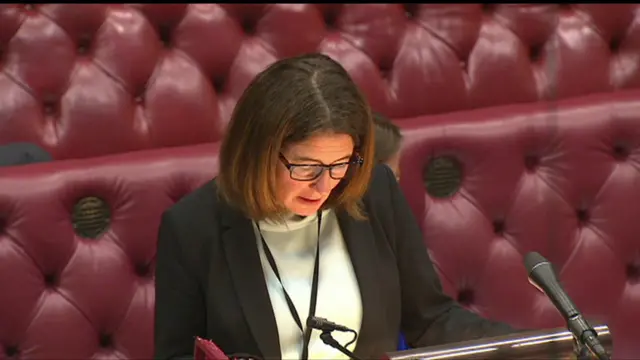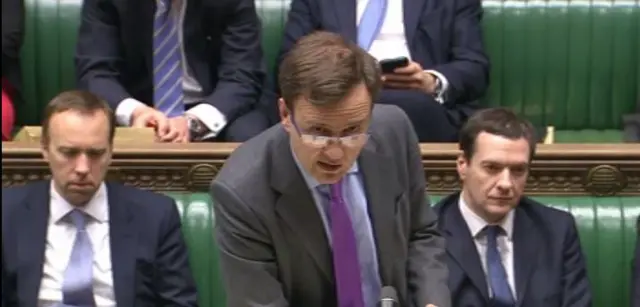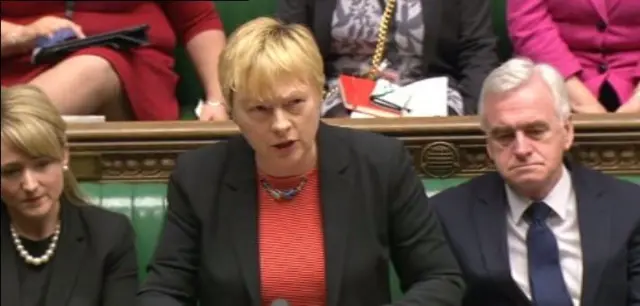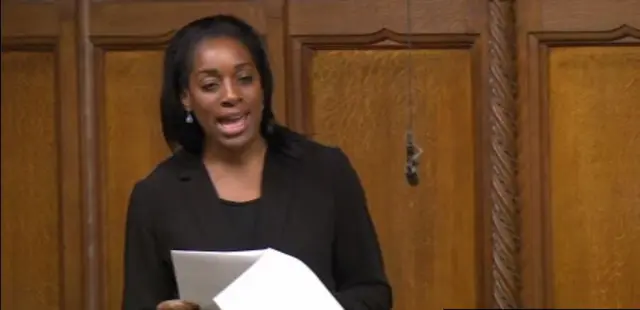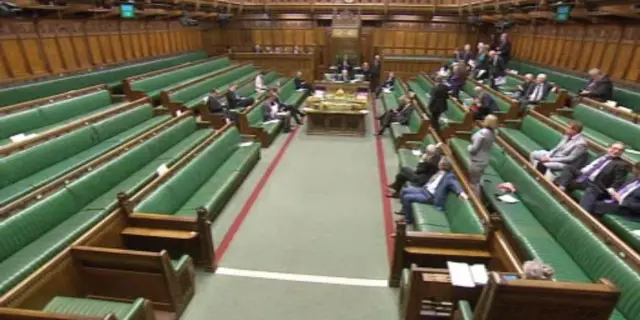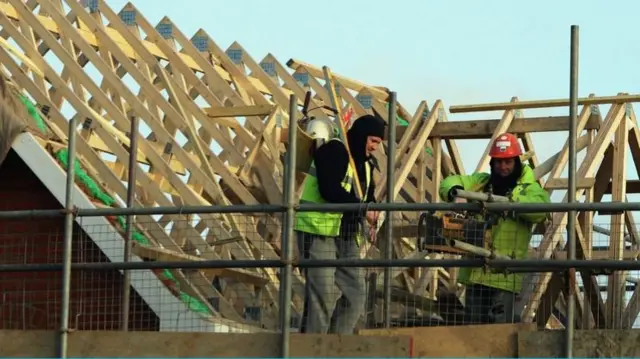New powers on breast ironing called forpublished at 20:06 GMT 22 March 2016
Adjournment debate
 House of Commons
House of Commons
Parliament
We now turn to today’s final business, a short debate on breast ironing by Conservative MP Jake Berry.
During breast ironing large stones, hammers or a spatula heated over hot coals are used to compress and mutilate the breast tissue in an attempt to disguise the onset of puberty.
Breast ironing is widespread in some African countries and affects an estimated 3.8m teenagers according to the United Nations.
Mr Berry is calling for police to be given the same powers they have been afforded to stamp out FGM to address breast ironing.


